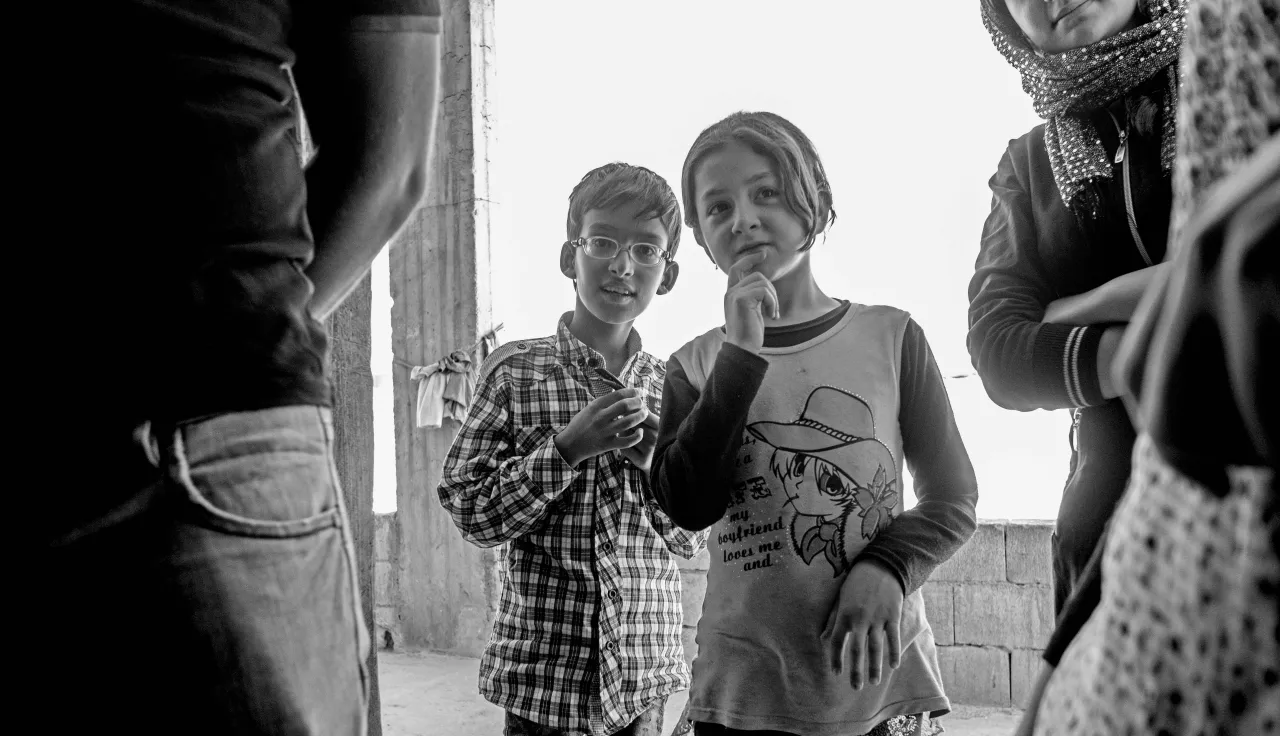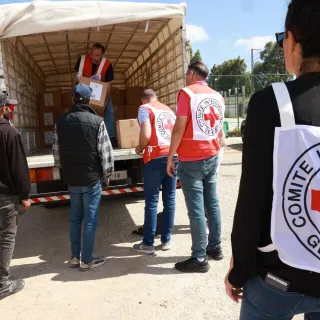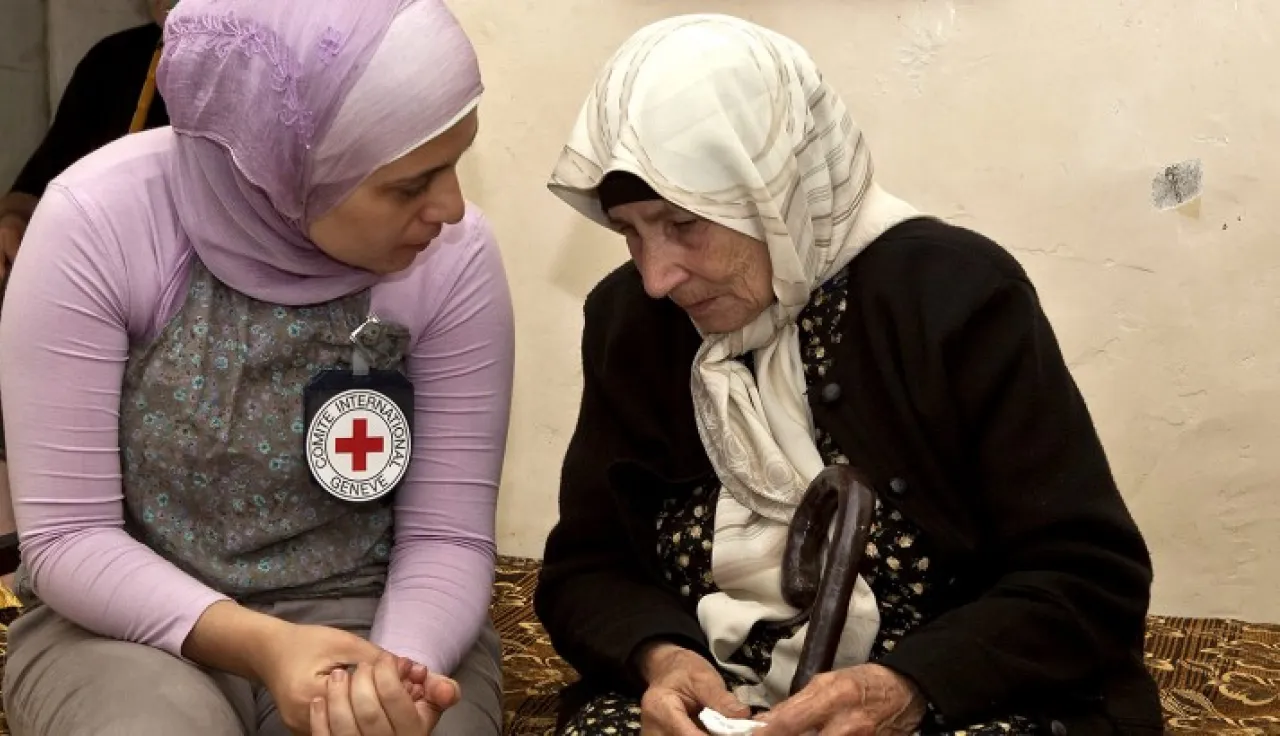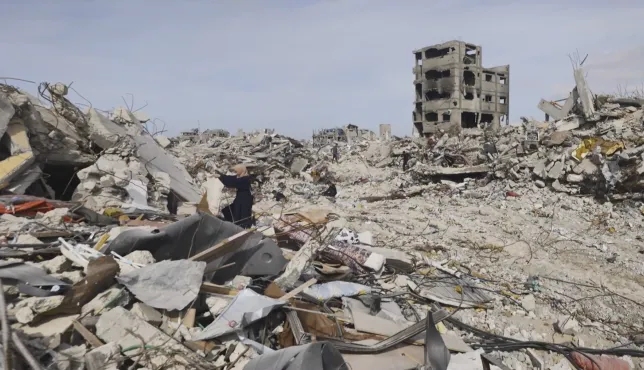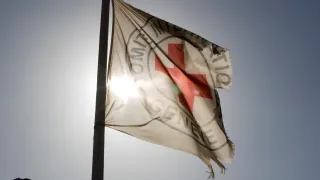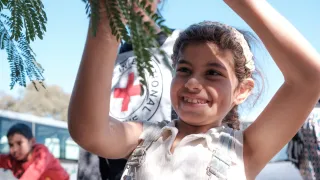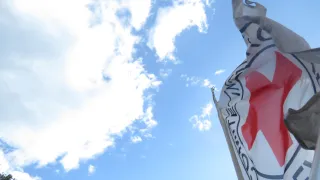Our work in Lebanon
The ICRC has carried out its humanitarian work in Lebanon through several periods of armed conflict, including the 1975–1990 civil war. Currently we are helping to meet the rapidly growing needs of people who have fled war and other violence across the region and of the communities hosting them.
The ongoing escalation of conflict is putting further strain on overloaded communities in the south of Lebanon. We are deeply concerned that families are struggling to find food, clean water, or the lifesaving care they desperately need. We have been actively enhancing emergency preparedness.

